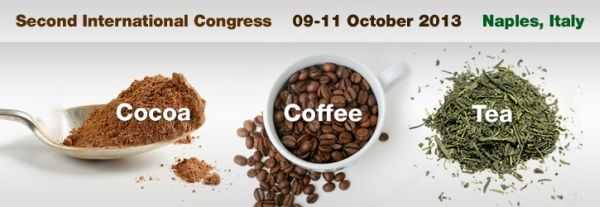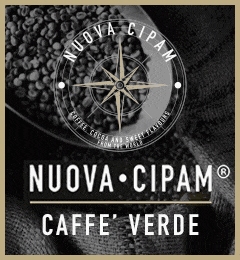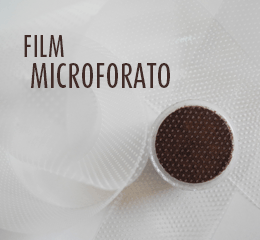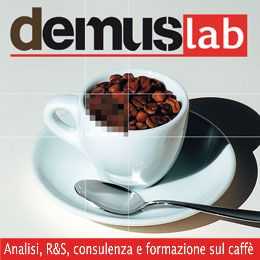Fidaleo M.1, Zuorro A.2, Lavecchia R.21 Laboratory of Molecular Neuroembryology, IRCCS Fondazione Santa Lucia, Roma, Italy. 2 Department of Chemical Engineering, Materials & Environment, Sapienza University, Roma, Italy.E-mail: m.fidaleo@hsantalucia.it
Recent studies have shown that the consumption of chocolate and cocoa is associated with a significant reduction in systolic blood pressure and improvements in endothelial and platelet function, insulin sensitivity and cholesterol level. Interestingly, some evidence also suggests that a more frequent chocolate consumption can lower the body mass index, thus supporting the view that the quality, and not only the quantity, of calories have an impact on health. The beneficial properties of chocolate and cocoa products have been linked to the presence of high levels of plant-derived polyphenols, especially (+)-catechin, (−)-epicatechin and oligomers of these molecules, also known as procyanidins [1].
In this contribution, we investigate the role of cocoa polyphenols on peroxisome proliferation and their potential implications in diseases associated with oxidative stress. Peroxisomes are organelles that are present in all nucleated human cells, where they perform a wide range of anabolic and catabolic functions, including the metabolism of hydrogen peroxide and the generation and scavenging of reactive oxygen species (ROS) [2].
Imbalance in peroxisomal ROS homeostasis can result in oxidative stress and potentiate inflammatory responses, triggering the onset of a variety of diseases. As a result, substances that neutralize the effects of peroxisome proliferators or modulate peroxisomal functions may reduce the risk of developing these disease [3].
Here we summarize current knowledge and experimental evidence supporting a role for cocoa polyphenols in preventing the oxidative damage caused by peroxisomal dysfunction. The health benefits of these components are discussed both in terms of their activity and their in vivo bioavailability.
References
[1] Fidaleo, M. and Sartori, C. PPARα signaling is activated by cocoa in mouse liver. Nat. Prod. Commun. 2013, 8, 1–4. [2] Fidaleo, M. Peroxisomes and peroxisomal disorders: the main facts. Exp. Toxicol. Pathol. 2010, 62, 615– 625.
[3] Fidaleo, M. Human health risk assessment for peroxisome proliferators: more than 30 years of research. Exp. Toxicol. Pathol. 2009, 61, 215–222.















